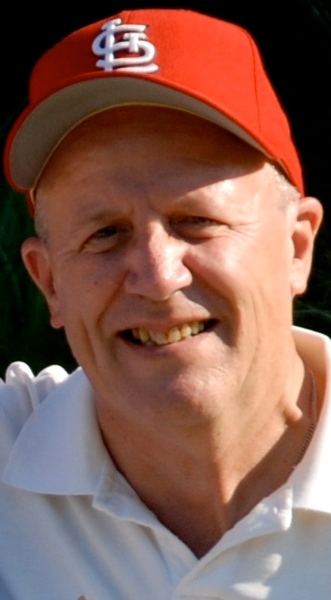 Chris Carlson Carlson Chronicles |
On occasion, my counsel has been sought by prospective candidates for statewide offices. (By way of credentials, I have been involved in three successful campaigns.)
I ask them the usual questions:
Why do you want the office?
What is your initial base of support?
Is your spouse supportive?
Do you have a budget and a plan for raising the required money?
What is your strategy for winning?
Who are your key helpers and supporters?
Do you understand the commitment it takes?
Will you accept media training, conduct polls, etc.?
Invariably, though, I ask the one question nine out of 10 “wannabes” flunk: Have you met with any member of the “Committee of Nine” and, if not, how do they plan to introduce themselves to the “Committee of Nine”?
The blank stare this question engenders tells me the person isn’t close to being ready to run.
Most readers will ask the same question. You can bet, however, that every successful major Idaho political figure in the last 50 years knows this group and how influential it is behind the scenes. The “Committee of Nine” is the nine water masters of the major Snake River Federal Irrigation Projects in southern Idaho. The members can make or break most major statewide candidates.
Former Idaho Governor and U.S. Senator Len B. Jordan once described the Snake River as a “working river, the lifeblood of Idaho.” Any candidate for major office who does not understand how that river works, the important role the water masters play, especially in times of shortages, and the primacy of upstream water rights is, pardon the expression, “dead in the water.”
Most of these water masters, coincidentally, are members in good standing of the LDS Church. Many are or have been a bishop. While they never presume to tell anyone how to vote, a “testimonial” to a candidate’s understanding of water law and its importance to the state’s economy is listened to and heeded by many.
It is no coincidence, either, that many directors of the Bureau of Reclamation, the dam building and irrigation project agency created by the 1902 Reclamation Act within the Department of the Interior, just happen to have been Mormon. And while every Interior Secretary will swear their selection of a Bureau of Reclamation director never involved asking about his religion, it is no coincidence when some are LDS given the Church’s historic interest in irrigation.
Neither would anyone argue that Interior Secretary Cecil Andrus’ director, R. Keith Higginson, who also had been Idaho’s director of Water Resources, was not eminently qualified to hold the post. He, too, was a member of the LDS Church.
Let’s just say the critical importance of water, its wise application to land, and its allocation based on several basic principles, such as “first in time, first in use” (The primacy of upstream water rights), has always been sacred script to Mormons from the pioneer days on forward.
It is no coincidence either that every major piece of wilderness or national recreation area legislation for Idaho contains “boiler plate” language affirming the new act in no way supersedes or takes precedence over Idaho water law and the primacy of upstream water rights.
The Hells Canyon National Recreation Area legislation in the early 70s almost hit the rocks when one of its key sponsors, Oregon Senator Bob Packwood, initially refused to affirm the primacy of upstream water rights.
It’s not just the role water has played in agriculture either. One cannot truly begin to understand the multiple uses of water unless they have driven beside long stretches of rivers like the Salmon, Payette, Clearwater, St. Joe, Boise, Lochsa, Selway, Portneuf, Lemhi, Priest, or the north and south forks of the Coeur d’Alene .
Better yet, only by floating the wilderness stretches of the Middle Fork of the Salmon, the main Salmon, the Selway, or the Owyhee rivers does one grasp how rivers were the early highways, providing access into and out of almost inaccessible mountainous areas of Idaho. Floating wilderness rivers also introduces one to how vast Idaho is and the impact to Idaho’s economy by the 10,000 people a year who float down the Middle Fork and the Salmon River systems alone.
The result is that there are new interest groups who depend upon other uses of water and the need to protect it, such as the Idaho Outfitters and Guides Association and the Idaho Conservation League. None of them yet begin to match the power and influence of the Committee of Nine, however.
All, however, underscore to a political aspirant that before offering one’s services they better damn well understand how important water is and always will be to the political landscape of the state.
A native of Kellogg, a former teacher at Kootenai, and a former journalist, Chris Carlson served as press secretary to former Idaho Governor Cecil D. Andrus for ten years. He is the founding partner of the Gallatin Group, is now retired and he and his wife, Marcia, reside at Medimont.
Share on Facebook




























